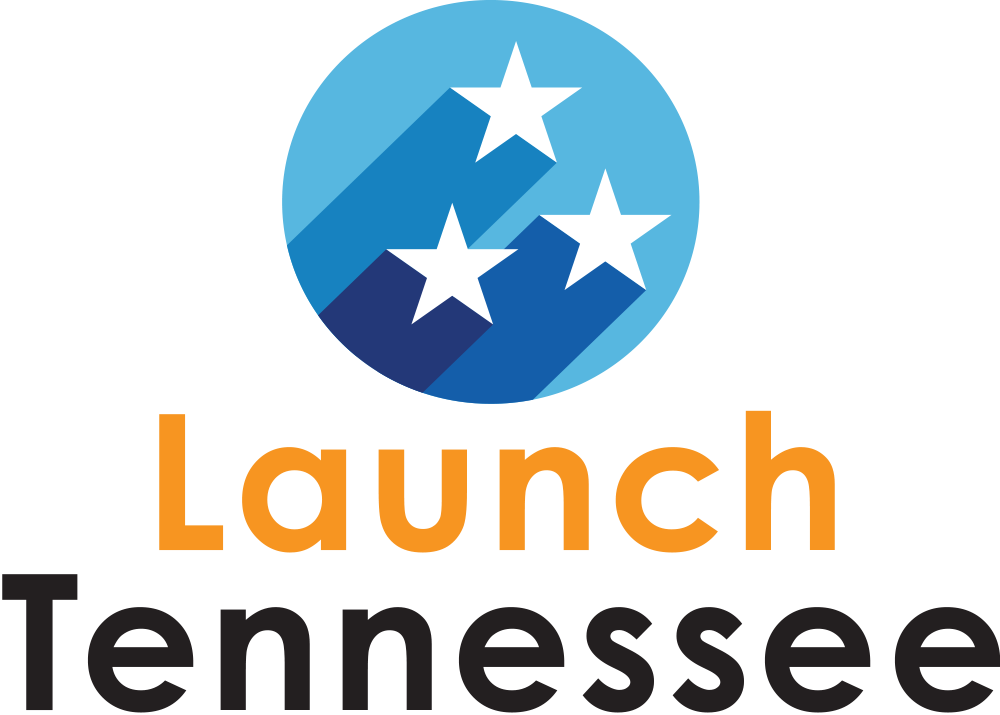Launch TN, the state’s public-private partnership focused on supporting the development of high-growth companies, recently announced the Microgrants program – ideal for TAEBC members.
Tennessee-based early-stage companies currently or in the near-term that will be applying for a Small Business Innovation Research (SBIR) or Small Business Technology Transfer (STTR) Phase I, Phase II or Fast-Track award can use the Microgrants program to increase the quality of their application. Microgrants can provide financial support for quality SBIR/STTR grant-writing assistance.
TAEBC member Renewable Algal Energy (RAE) is an example of how a program like this can help jump start a business model.
As RAE CEO and TAEBC board member Jeff Kanel explained in a Teknovation column, RAE has created what it describes as “novel breakthrough technology to produce sustainable, economically viable products from microalgae.” Those offerings range from algal oil as a feedstock for renewable diesel fuel to protein, carotenoids, and omega-3 fatty acids for animal and human nutrition.
Three of the four SBIRs that Kanel submitted were directly related to evolving RAE’s technology. The fourth, focusing on algae, was submitted by Kanel before RAE was founded. For many start-ups, an early funding source is an SBIR award.
RAE started down the SBIR trail in 2007 in a purposeful way. Kanel said success starts with understanding the federal agency’s need. In his case, it was the U.S. Department of Energy (DOE). The initial Phase I for RAE was submitted in 2007, and the award was made in 2008.
His recommended approach – focusing on the defined DOE need – characterized RAE’s responses that won the Phase II and III awards. Kanel identified several keys for success. They included utilization of solid project management tools, inclusion of well-defined milestones and deliverables, and a clear understanding of the critical success factors.
Over a roughly six-year period, RAE successfully won Phase I, II and III awards that have proven the viability of the technology, helped fund work to validate the financial model and scalability of the technology, and deploy a semi-works facility.
Today, RAE has strategic relationships, customers, and a technology proving ground in Arizona as well as a North-American developer with a site that is permitted for the deployment of RAE Technology.
Phase II, again funded by DOE, ran from 2009 to 2012, with RAE collecting considerable amounts of data to show financial viability and technology scalability.
Phase III, which ran from 2012 into 2014, was an accelerator period when RAE deployed the technology in a semi-works scale effort designed to reduce the technology risk. This final phase helped RAE to secure contracts with interested partners.
In mid-2014, the company announced two strategic partnerships. One was an off-take agreement with Neste Oil Corporation, the world’s largest producer of renewable diesel fuel. Under the arrangement, Neste can purchase RAE’s crude algae oil on a commercial scale for use as a feedstock for producing renewable fuel.
And, all of this success was made possible through SBIR grants.
TAEBC encourages members to consider applying for the Microgrants program to help navigate the SBIR/STTR process.
For information about how to apply for the Launch TN Microgrants program, visit here.
